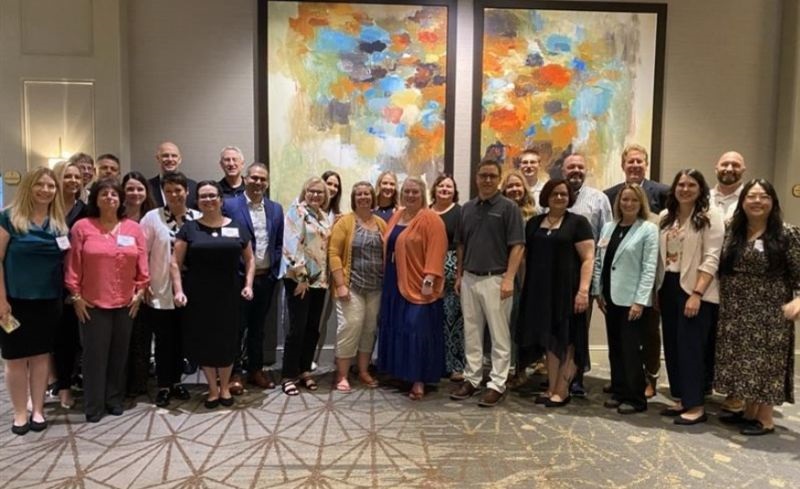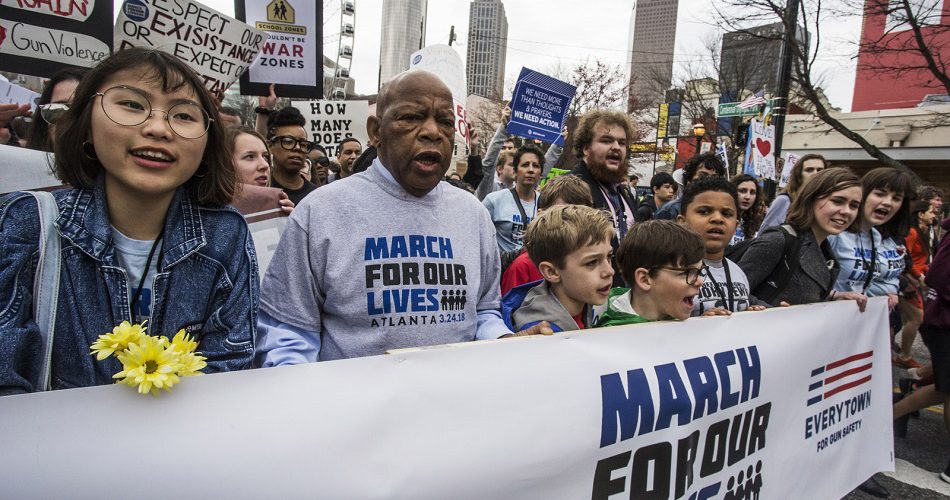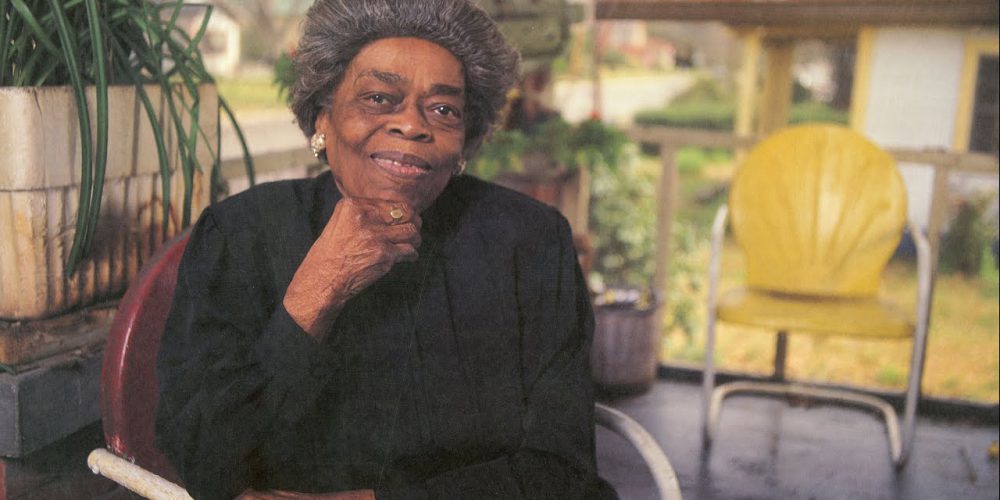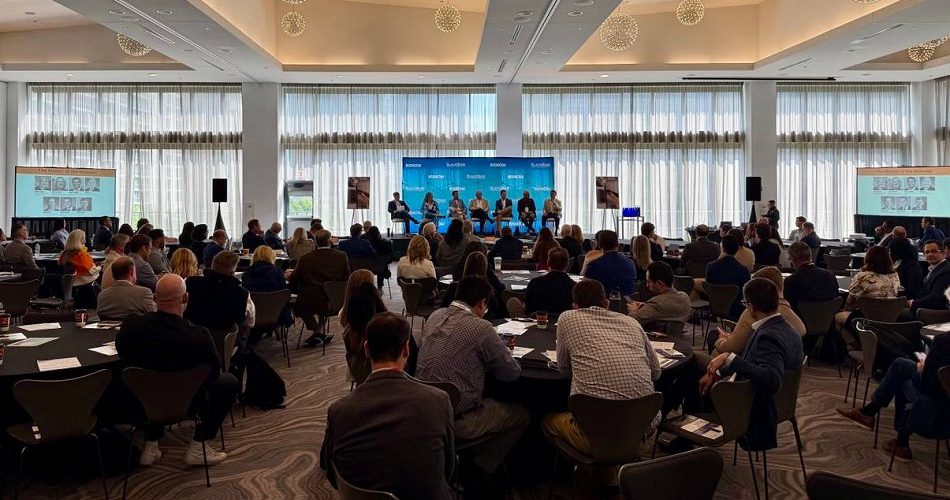Millennials are more spiritual than religious

Barely half of millennials say they look to religion for guidance, but a higher percentage “talk to God,” suggesting that the 18-to-34 demographic is more spiritual than religious, according to a new survey by the Integrated Innovation Institute at Carnegie Mellon University.
The survey of 2,000 U.S. men and women, ages 18-34, found that 62 percent said they talk to God, while 52 percent said they look to religion for guidance.
“Millennials are widely believed to have less faith in God and are less active in religion than their parents and grandparents,” says Peter Boatwright, co-director of the Integrated Innovation Institute.
“While our survey doesn’t explore this comparison, we think it’s telling that, overall, the majority of this generation does express a fairly strong sense of faith,” he says.
African-Americans were most likely to say they talk to God (78 percent) and look to religion (67 percent), while Asian-Americans were least likely to report that they talk to God (57 percent). Just over half of Asian-Americans (51 percent) said they look to religion for guidance.
Hispanic millennials showed the widest gap between the two questions, with 67 percent saying they talk to God versus 54 percent who said they look to religion.
White millennials were least likely to turn to religion (49 percent).
Other findings, according to Carnegie Mellon:
— The proportion who say they talk to God and/or look to religion varies little by age and education level.
— While 63 percent of millennials in rural America say they look to religion for guidance, only half living in urban areas said the same.
— There’s a smaller but significant difference between those in urban and rural areas who talk to God, with 70 percent of rural respondents reporting “yes” compared with 60 percent in urban areas.
The new survey compares to one released in October 2012 by the Pew Research Center that found fully one-third of millennials said that religion plays little or no role in their lives.



































